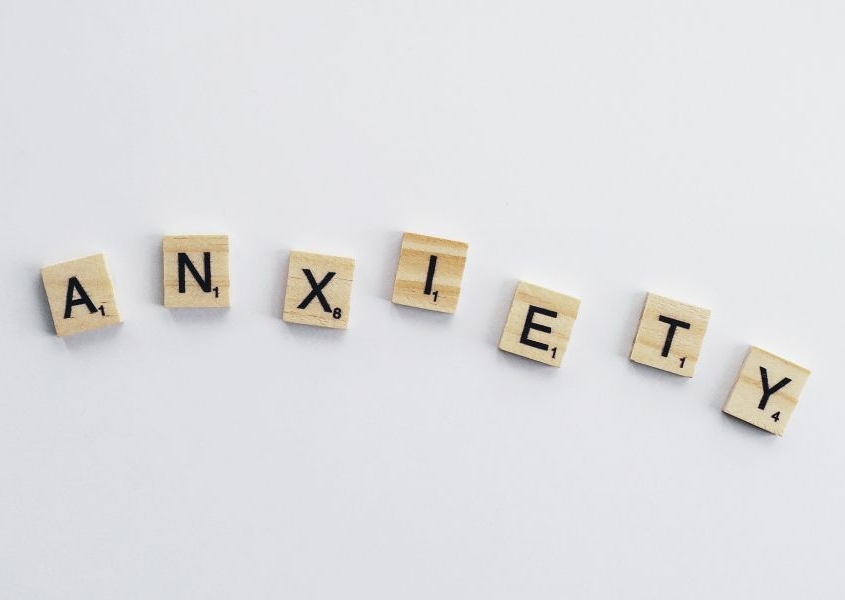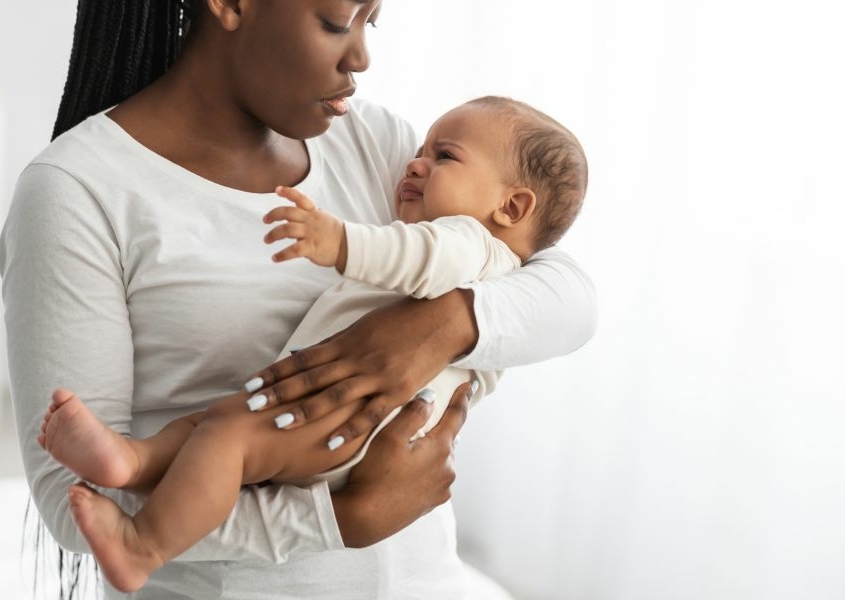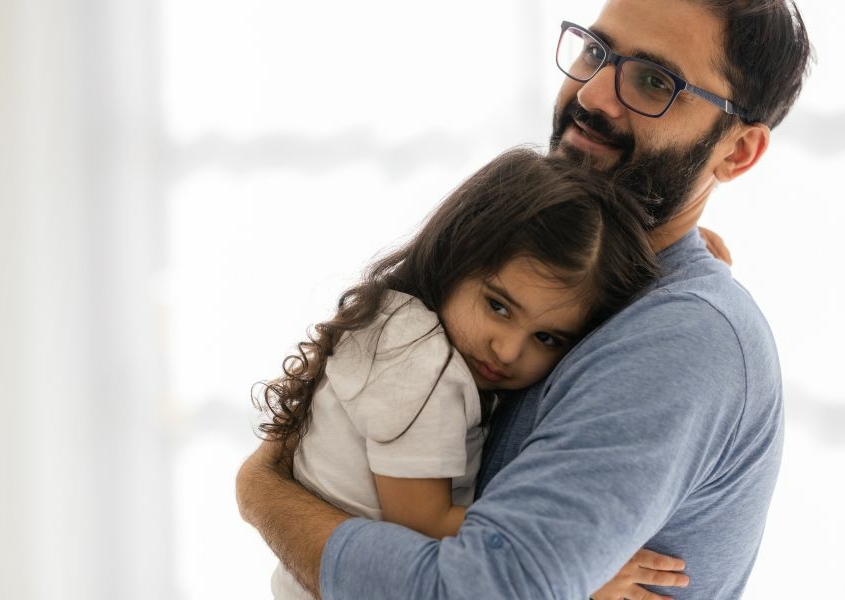Understanding Anxiety Across Different Ages: A Guide for Parents

As parents, it’s important to recognize that anxiety is a common part of life for children, and it can manifest differently at each stage of their development. Here at Fairhope Pediatrics, we aim to support you in understanding the signs and symptoms of anxiety at various ages. By identifying these signs early on, you can provide the vital support and interventions needed to help your children navigate their emotions effectively.

Infancy and Toddlerhood:
While it may seem surprising, even infants and toddlers can experience anxiety. Common signs of anxiety in this age group include excessive crying, clinginess, and difficulty sleeping or eating. Separation anxiety is also common during this stage, typically peaking around 18 months. Parents can help by providing a consistent and comforting environment, offering reassurance, and gradually exposing their child to new experiences.

Early Childhood (Ages 3-6):
In early childhood, children’s fears may become more specific and intense. They may develop fears of the dark, monsters, or being separated from their parents. Nightmares and bedtime resistance are also common manifestations of anxiety at this age. Parents can help by validating their child’s feelings, offering comfort and support, and teaching coping strategies such as deep breathing or visualization techniques.
Middle Childhood (Ages 7-11):
As children enter middle childhood, their worries may become more complex and may include concerns about school performance, social acceptance, and future events. Physical symptoms such as headaches or stomach aches may also arise in response to stress and anxiety. Parents can support their child by encouraging open communication, helping them problem-solve, and promoting healthy coping mechanisms like exercise or creative expression.

Adolescence (Ages 12-18):
During adolescence, hormonal changes, academic pressures, and social dynamics can contribute to heightened anxiety levels. Teens may experience panic attacks, perfectionism, or avoidance behaviors. It’s essential for parents to maintain open lines of communication with their teenager, validate their experiences, and seek professional help if needed. Encouraging healthy lifestyle habits such as regular exercise, adequate sleep, and stress management techniques can also be beneficial.
Overall, the key to identifying anxiety at any age is to pay attention to changes in behavior, mood, and physical symptoms. If parents notice persistent signs of anxiety that interfere with their child’s daily functioning or quality of life, it’s essential to seek support from their pediatric provider here at Fairhope Pediatrics.
If you have any concerns about your child’s anxiety or emotional well-being, please don’t hesitate to reach out. We’re here to help.
